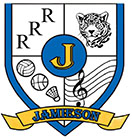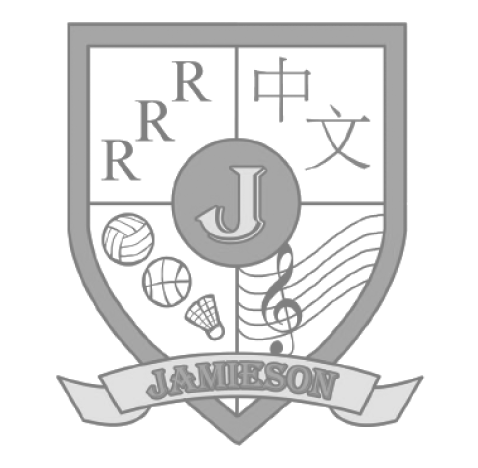Assessment and Reporting
First and foremost, staff at Jamieson understand that everyone is part of a learning community (parents, staff, and students). Learning isn’t about age, race or gender. Rather, it’s about the individual. We exist to meet learner needs. To assume that we can do the same with everyone in a grade level, or learning community, assumes that everyone has had the exact same experiences and is at the same level. This is obviously not so.
In recent years, the District and Ministry of Education and Child Care has stated the importance of schools emphasizing skills such as creativity, critical thinking, communication, collaboration, and personal and social development which students need to develop to thrive as individuals in today’s world. Also referred to as the Core Competencies, these skills, along with literacy and numeracy foundations and essential content and concepts are at the centre of BC’s curriculum and assessment.
All BC schools are focusing on the Core Competencies and instilling a growth mindset in our learners (the belief that intellect and talent can be developed through effort, hard work and a love of learning) while using a strengths-based reporting language. Rather than using the traditional five-point rating scale (not yet meeting, minimally meeting, meeting, fully meeting and exceeding), we use language that highlights the level of effort and independence displayed by the learner (beginning, developing, proficient and extending) and more importantly, provide ongoing descriptive feedback. Descriptive feedback guides learners to improving outcomes by developing next steps in their learning journey.
Numerous educational researchers such as Paul Black and Dylan Wiliam show that descriptive feedback, not letter grades, raise student achievement and that letter grades and test scores are not an indication of later success in life. Well known American education author and lecturer, Alfie Kohn, suggests the following:
- grades tend to diminish students’ interest in whatever they are learning
- grades create a preference for the easiest possible task
- grades tend to reduce the quality of student’s thinking
Reporting Schedule - A new reporting order published July 2023.
Parents will receive a minimum of five communications throughout the school year.
Three formal written reports:
Two mid-year progress reports will be sent home to families at the beginning December and in March prior to Spring Break.
These mid-year reports will indicate where the child is in relation to the age/grade expectations using written comments and a proficiency scale. They will include a summary of the progress toward the goals in the child’s Individual Education Plan (IEP), where applicable.
A summative report will be sent home to families by the end of June.
The summative report will indicate where the child is in relation to the age/grade expectations using written comments, a proficiency scale, and the student’s self-assessment of the Core Competencies (Communication, Thinking, and Personal and Social).
It will include a summary of the progress toward the goals in the child’s Individual Education Plan (IEP), where applicable.
A minimum of two ongoing communications with families:
Ongoing communications with families take place in the form of conferences in October and February.
These ongoing communications will happen in different ways. They may be a three-way (student, parent, teacher) conference, an electronic portfolio review, a parent/teacher meeting, reflections on student work, an online platform, etc.
Report Card Format
Report cards will include:
- Descriptive written comments addressing:
- Student Learning Strengths
- Areas for Growth
- Ways to Support Learning
- A student proficiency scale for each subject area (in relation to grade level expectations):
- EMERGING - child is beginning to acquire knowledge, skills, strategies and processes
- DEVELOPING - child has the ability to apply knowledge, skills, strategies and processes
- PROFICIENT - child applies knowledge, skills, strategies and processes consistently
- EXTENDING - the child has in-depth knowledge, skills, strategies and processes creatively and strategically.
At Jamieson, as a way of providing feedback, teachers help students showcase their learning in a variety of ways throughout the year. For more information about ongoing learning and assessment, please see the following resources:
- BC Ministry Of Education and Child Care: Information for Parents and Caregivers - K - 12 Reporting
- Vancouver School Board: Assessment & Reporting (Elementary)


